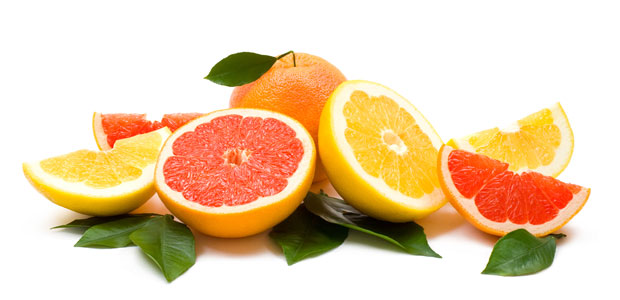Advertisement
Take Free Radicals Down
Fight aging and chronic disease with antioxidants

If you’re looking for a way to fight the process of aging and oxidative stress, look no further than antioxidants. Antioxidants are vitamins, minerals, and enzymes in our bodies that help to prevent chronic diseases and battle the effects of aging.
What do antioxidants do?
Antioxidants counteract the damaging effects of oxidation, a physiological process in our bodies. Oxidation creates oxidative stress, which occurs when harmful molecules called free radicals wear down our body’s defences, potentially leading to the development of chronic diseases.
Antioxidants protect against chronic diseases such as:
- cancer
- heart disease
- Alzheimer’s disease
- rheumatoid arthritis
- cataracts
What are free radicals?
Free radicals are atoms that have either too many electrons or not enough electrons. Being unstable, they try to obtain or get rid of electrons to other atoms, causing damage to cells, proteins, and DNA.
Where do free radicals come from?
Free radicals form inside our bodies as a result of normal physiological processes such as:
- respiration
- metabolism
- inflammation
- exercise
Smoking and drinking alcohol also create free radicals in our bodies.
External free radicals are created by environmental factors such as:
- pollution
- sunshine
- X-rays
By ensuring an adequate intake of antioxidants through diet and supplementation, we can combat the oxidative stress caused by free radicals.
What antioxidants should I take?
Vitamin E
Also known as alpha-tocopherol, this vitamin is fat soluble. It protects cell membranes from damage by free radicals to promote brain, heart, and immune system functioning. It also prevents oxidation of LDL fats (bad cholesterol).
Vitamin C
Also known as ascorbic acid, vitamin C is water soluble. It attacks free radicals inside the cells and works together with vitamin E to eradicate free radicals in the body. Vitamin C is important for healthy skin, bone, and connective tissues. It helps absorb iron and aids the healing process.
Beta carotene
The most widely studied carotenoid. It excels at attacking free radicals that occur in low oxygen concentration.
Selenium
This trace element creates an active site for some antioxidant enzymes including glutathione peroxidase, one of the most important in the body.
What foods contain antioxidants?
Good dietary sources of antioxidants include:
- fruits and vegetables
- whole grain cereals
- legumes
- nuts
An adequate diet combined with supplementation will ensure sufficient antioxidant intake to win the battle against oxidative stress.





